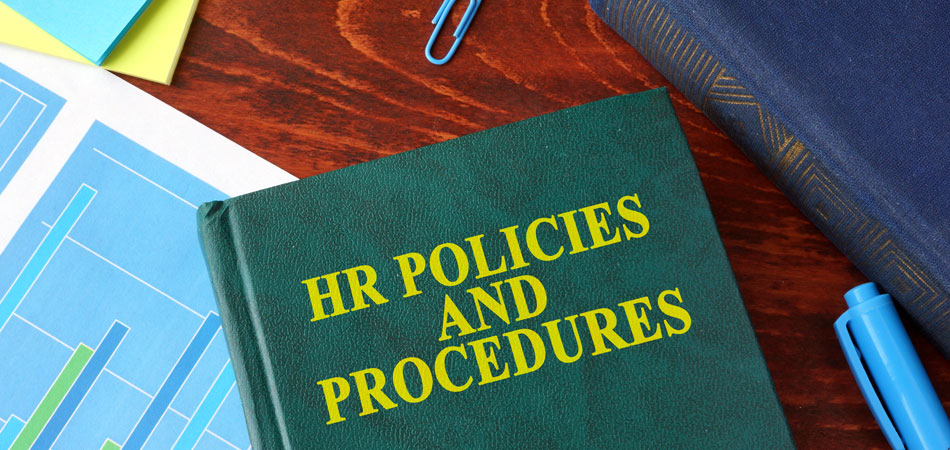Incentives, HR, and
Benefits Advisory Service
Attract and retain top talent while ensuring compliance with tailored HR solutions and competitive benefits packages.
Competitive compensation and benefits packages are critical in attracting skilled employees and reducing turnover. By offering market-aligned salaries and desirable benefits, businesses position themselves as attractive employers, drawing top-tier talent and retaining them long-term. According to SHRM, “companies that offer competitive compensation are 57% more likely to reduce turnover and attract higher-quality candidates.”
Personalized incentives tailored to individual needs or performance levels foster higher engagement, satisfaction, and productivity. When employees feel recognized and rewarded for their contributions, they are more likely to stay loyal to the organization. A Gallup study found that “companies with higher employee engagement experience 21% greater profitability.”
Ensuring that HR policies, compensation structures, and benefits align with federal, state, and local regulations is essential to minimizing legal risks. Non-compliance can lead to costly fines or litigation. A robust HR advisory service helps businesses navigate the complexities of employment law, reducing legal risks and ensuring regulatory compliance.
Balancing employee satisfaction with budget constraints is crucial. By optimizing benefit programs, businesses can offer high-quality benefits that meet employee needs without overspending. A study by MetLife found that “65% of employees are more likely to stay with a company that offers competitive, well-rounded benefits, even if salaries are not the highest in the industry.”
Tailored incentive programs motivate the right behaviors and align with company goals. Whether it’s sales targets, performance milestones, or innovation incentives, a customized approach ensures that employees are motivated to contribute in ways that drive business success. Research from McKinsey reveals that “companies that use tailored incentive plans see a 25% improvement in employee performance.”
Strategic benefits and incentives address the diverse needs of employees, fostering loyalty and long-term commitment. Offering a well-rounded benefits package that caters to health, wellness, and financial security can significantly reduce employee turnover. PwC reports that “employees who feel their benefits meet their needs are 2.5 times more likely to stay with their employer.”
As a company grows, its HR infrastructure, including compensation and benefits programs, must scale accordingly. A scalable HR strategy ensures that benefits and incentives evolve with the company’s changing needs, supporting ongoing growth without sacrificing quality. According to Deloitte, “scalable HR practices help companies grow 60% faster by enabling smooth transitions and minimizing disruptions.”
Access to market trends and insights enables HR leaders to make informed, competitive decisions about compensation and benefits strategies. This forward-thinking approach helps businesses stay ahead of the curve, ensuring they remain attractive employers in a competitive talent market. A study by Mercer shows that “businesses using data-driven HR decisions outperform their peers by 26% in employee retention.”
Why These Benefits Matter for Business Owners:
By offering competitive compensation, optimizing benefits, and ensuring compliance, businesses can attract and retain top talent, boost employee satisfaction, and support long-term organizational growth.

Quoting an Expert on HR Compensation & Benefits:
“Creating a compelling compensation and benefits package is essential for attracting and retaining talent. It’s about more than just salary—it’s about offering a well-rounded value proposition that makes employees feel valued and secure,” says Johnny C. Taylor Jr., President and CEO of SHRM. “When employees see that their benefits align with their personal and professional goals, they’re more likely to stay engaged and loyal.”
Three-Step Process of HR Compensation & Benefits Advisory Service:
- Assessment: Conduct a thorough evaluation of current HR practices, including talent management, compensation, and employee engagement, to identify gaps and opportunities.
- Strategy: Develop a tailored HR strategy that aligns with business objectives, focusing on attracting, retaining, and motivating top talent.
- Execution: Implement the strategy through clear action steps, regularly monitor progress, and adjust as needed to ensure continuous improvement and alignment with company goals.
Q&A
A well-rounded benefits package that addresses employee needs—such as health, wellness, and financial security—fosters loyalty and reduces turnover, as employees are more likely to stay with a company that takes care of them holistically.
Ensuring that compensation and benefits comply with employment laws at the federal, state, and local levels helps businesses avoid legal risks, including fines or litigation, and ensures fair treatment of employees.
Scalable compensation and benefits programs grow with the company, ensuring that as the business expands, employees continue to feel valued and motivated, contributing to sustained growth and minimizing turnover.
Get A Free Consultation
